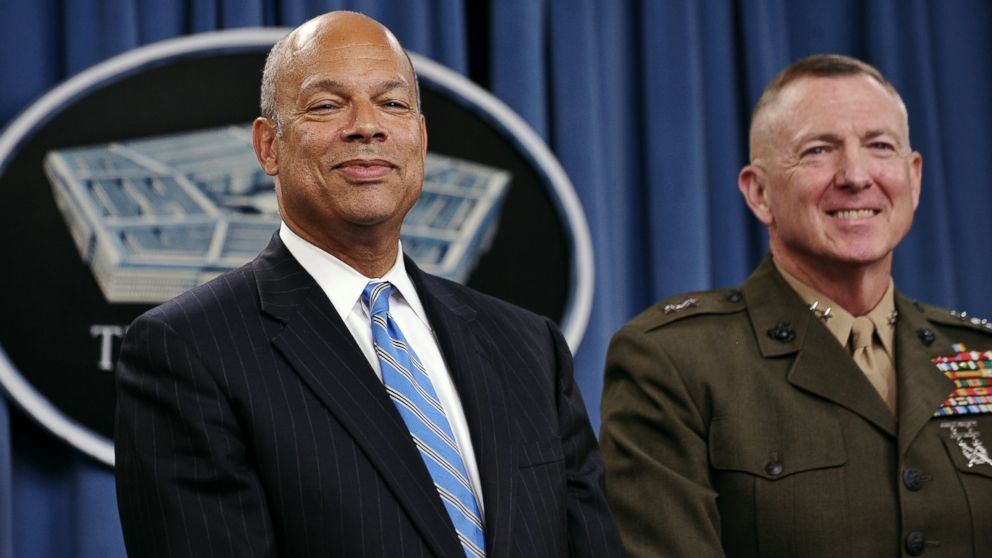Obama To Name Jeh Johnson Next Homeland Security Secretary
The nomination will come after six weeks without a DHS head.

Oct. 17, 2013— -- President Obama is expected to nominate former Pentagon lawyer Jeh Johnson as the next Homeland Security secretary, ABC News has learned.
The Department of Homeland Security has been without a Senate-confirmed leader for six weeks, and from the start some Republicans were calling on the administration to "swiftly" nominate a new secretary.
The White House has largely ignored such calls, as DHS has moved forward with top-agenda items even through the government shutdown. But now an announcement nominating Johnson is expected Friday afternoon, sources told ABC News.
"The president is selecting Johnson because he is one the most highly qualified and respected national security leaders, having served as the senior lawyer for the largest government agency in the world," a senior administration official said. "During his tenure at the Department of Defense he was known for his sound judgment and counsel. "
For most of Obama's first term, Johnson served as the Defense Department's general counsel, reviewing and approving military operations before they were sent to the Defense Secretary and president for final decisions.
Johnson has called working for the Obama administration "the highlight of [his] professional life."
"I have been on an incredible journey with Barack Obama ... going back to November 2006 when he recruited me to the presidential campaign he was about to launch," Johnson said in a speech at Yale Law School last year. "I remember thinking then, 'This is a long-shot, but it will be exciting, historic, and how many times in my life will someone personally ask me to help him become president.'"
The chairman of the Senate Homeland Security and Governmental Affairs Committee, Tom Carper, D-Del., called Johnson's expected nomination "welcome news," adding that Johnson has a "wealth of experience" and would be considered by the committee "in a thorough and timely manner."
Years earlier, during President Bill Clinton's second term, Johnson served as general counsel to the U.S. Air Force, and nearly a decade before that he served as an assistant U.S. attorney, prosecuting federal crimes in the Southern District of New York.
But Johnson's career "has been a mixture" of "distinguished public service" and "successful private law practice," according to the website of Paul Weiss, the law firm he's worked at off-and-on over nearly three decades.
Johnson is currently a litigator and civil criminal trial lawyer there, rejoining the firm as partner in January after stepping down from his Pentagon post.
In private practice and public service, Johnson has taken strong – and sometimes controversial – stances on matters of national security.
He supports the use of drones to attack elusive terrorism targets overseas and defends the government collection of so-called "metadata" from Americans' phone calls – a National Security Agency program he notes was deemed legal by all three branches of government.
In addition, Johnson spearheaded reforms to the military commissions system at Guantanamo Bay and helped write the 250-page report that led to the repeal of "Don't Ask, Don't Tell" in 2010, as his firm's website put it.
In recent years, he has urged the public to rethink how they view terrorists and the U.S. battle against terrorism, saying terrorists are no longer strictly aligned with Al Qaeda and have become "more of a mixed bag."
"What worries me most is … our inability in the political dialogue to have a calm, rational debate about new authorities," Johnson said on "The Charlie Rose Show" in May. "People get very emotional about these subjects and very excited about these subjects. … My hope is that we can have a calm, rational, intelligent discussion about what's needed for the future in terms of national security."



